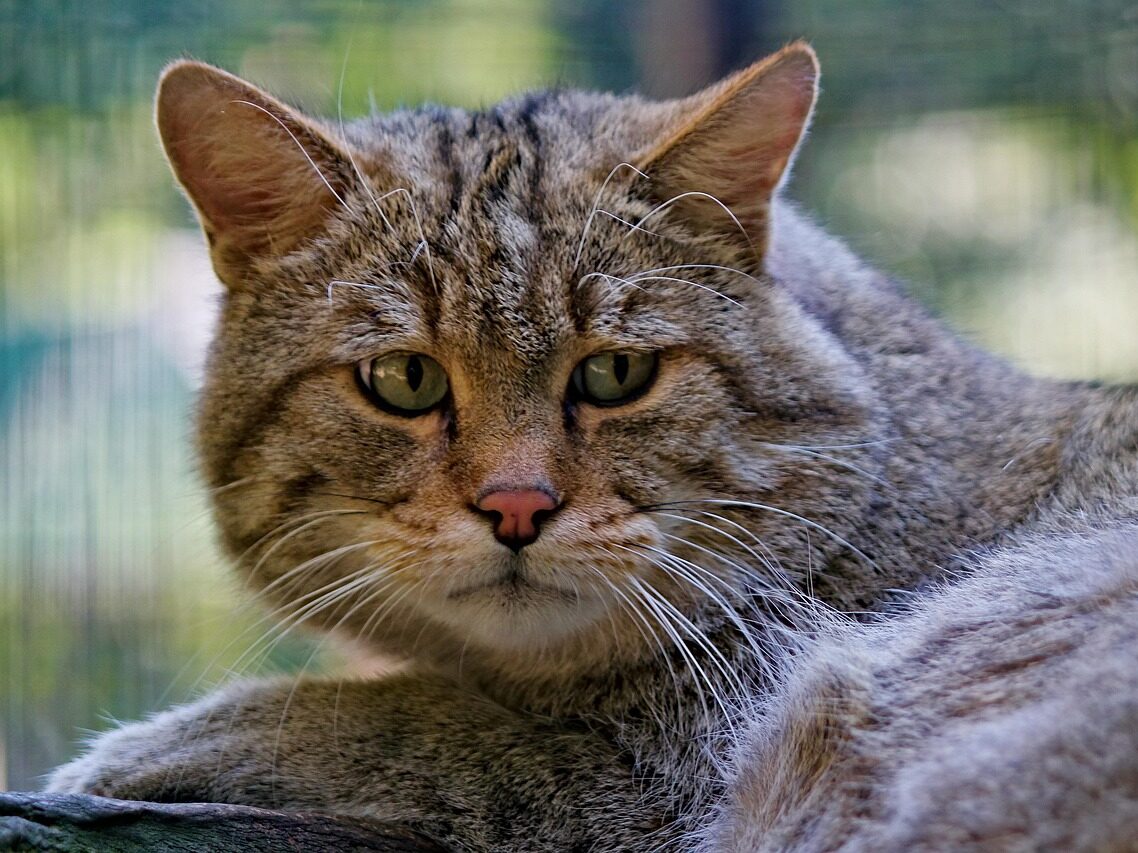
Cats are agile, clever, and endlessly curious — a combination that makes your home both a playground and a minefield. What looks safe to you can quietly threaten them every day. These aren’t dramatic dangers. They’re small, sneaky things that seem harmless until they aren’t. If you share your space with a cat, these are the traps you probably didn’t know you set.
Essential Oils
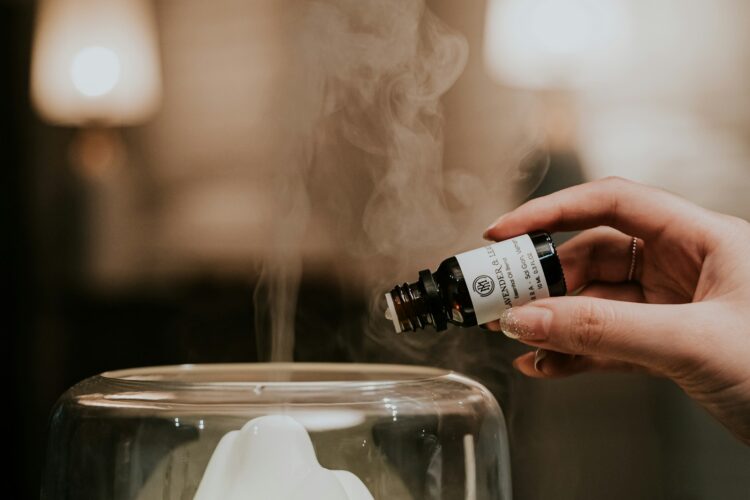
They smell clean and calm to you, but to your cat, they’re poison in vapor form. Diffusers spread tiny oil droplets that land on surfaces — including fur. When your cat grooms, they lick those particles right into their system. Tea tree, eucalyptus, peppermint, cinnamon, and citrus oils can cause vomiting, tremors, or even liver damage. Even “pet-safe” oils aren’t safe enough. What feels like wellness to you can quietly make your cat sick.
Lilies and Other “Pretty” Plants

One brush of lily pollen can send a cat into kidney failure within hours. The entire plant — petals, stems, water in the vase — is toxic. But lilies aren’t alone: aloe, tulips, daffodils, philodendrons, and even ivy can hurt them too. Cats don’t have to eat much. Sometimes, just a lick of their fur after brushing against a plant is enough. That bouquet on your table might be beautiful, but to your cat, it’s a death trap with petals.
Dryer Sheets and Fabric Softeners
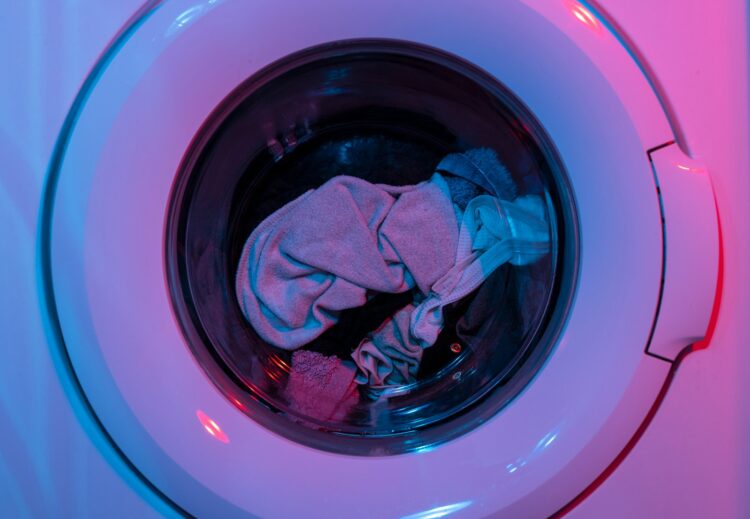
Cats love clean laundry. Unfortunately, dryer sheets leave behind chemicals that can irritate their skin and mouth or cause severe internal burns if licked. Fabric softeners contain cationic detergents — fine for humans, dangerous for animals. When your cat curls up in a pile of warm clothes, those soft fibers might carry invisible residue. What smells like “fresh linen” to you can make them lethargic or cause drooling and burns.
String, Yarn, and Ribbon
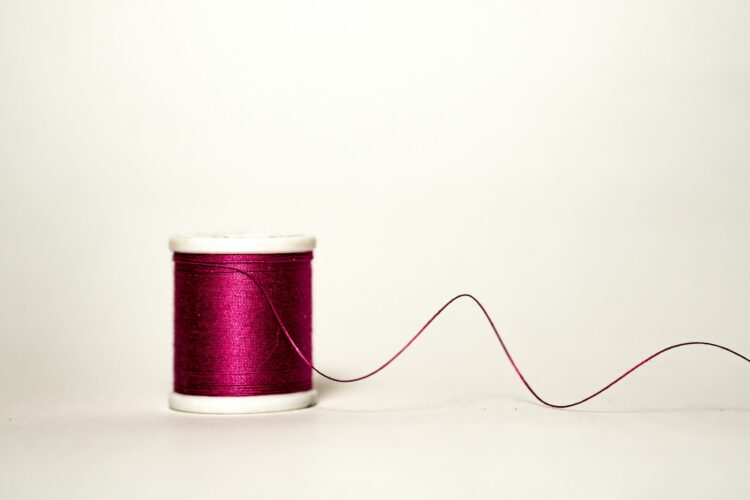
A dangling string is irresistible — until it becomes a medical emergency. Cats don’t just bat at it; they eat it. And the string doesn’t digest. It moves through their intestines like a knife, slicing as it goes. Ribbons, tinsel, floss, and fishing line — all look like playthings, all can be deadly. What starts as a harmless Instagram photo of your cat “helping you wrap gifts” can end in surgery at 3 a.m.
Open Windows with Screens
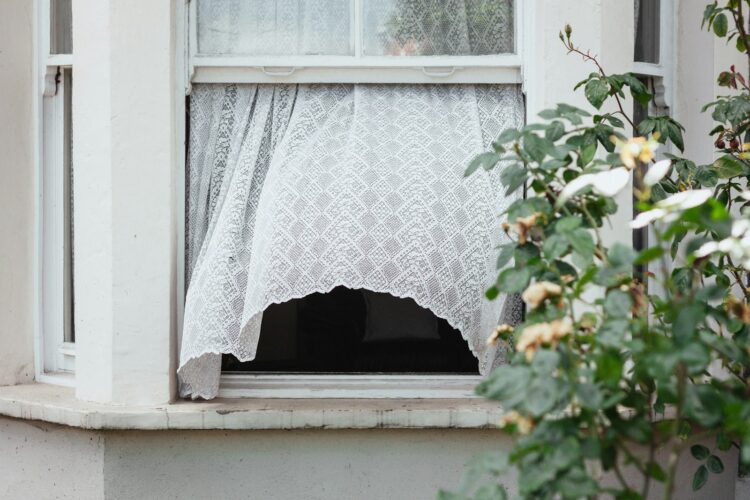
Cats are agile, but they’re not immune to gravity. They lean against a flimsy screen, chase a bug, and the next second, they’re gone. Even a fall from a second story can cause broken bones or internal injuries — vets call it “high-rise syndrome.” You think the screen will hold. It won’t. Cats have no sense of depth when fixated on movement. The world outside the window looks like fun; the landing never is.
Household Cleaners
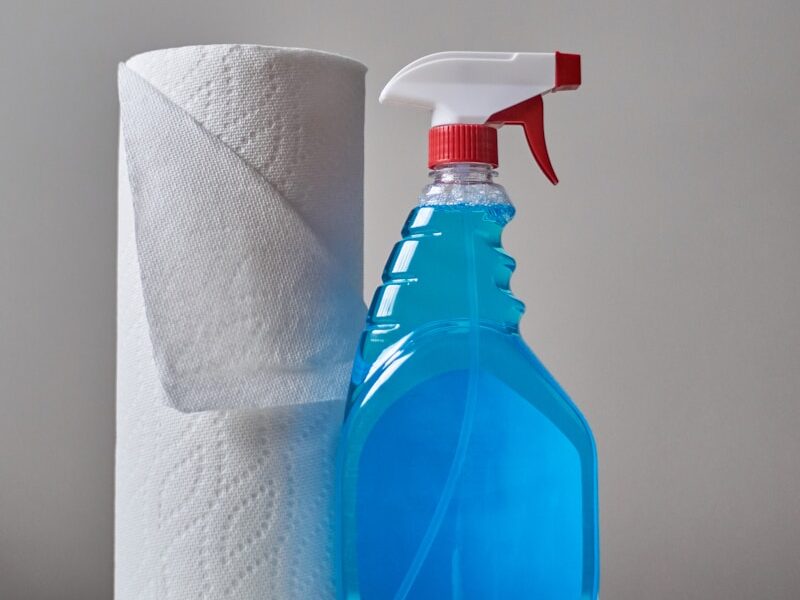
That lemon-scented floor spray or bleach wipe is a toxic cocktail for cats. Most cleaners contain ammonia, phenols, or chlorine — all poisonous to feline systems. Even walking across a just-mopped floor can be dangerous because they’ll lick their paws later. Cats spend most of their lives grooming themselves, so every trace of chemical residue ends up inside them. A “clean” house can quietly poison the animal living in it.
Candles and Air Fresheners
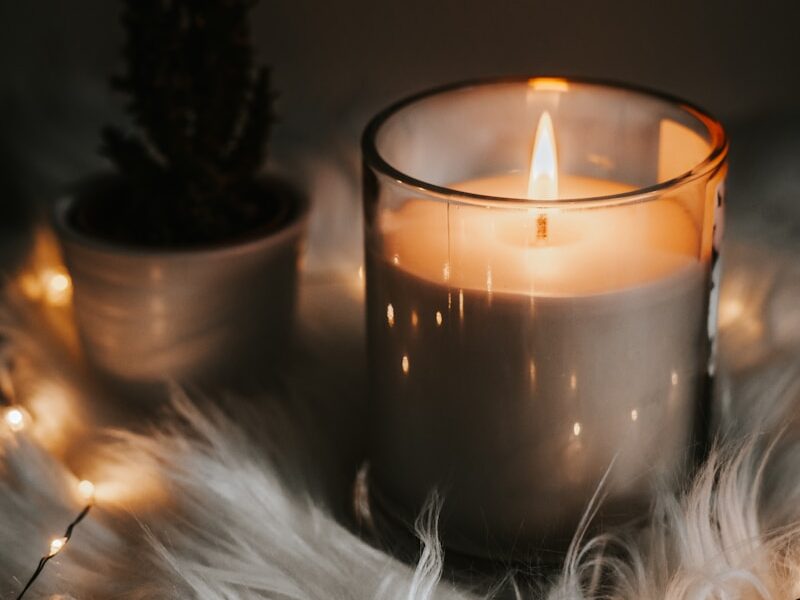
The soft flicker of a candle seems peaceful until your cat’s tail passes too close. Burns aside, scented candles and plug-in fresheners release volatile compounds into the air — things like formaldehyde and benzene. Cats’ livers can’t process these the way human bodies do. What calms your nerves can inflame their lungs. If your house smells nice all the time, that’s good for guests — not for your cat.
Electrical Cords
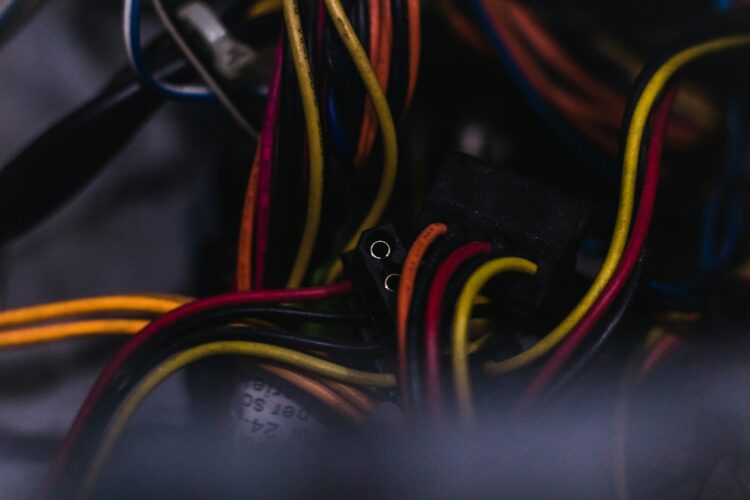
Cats love the warmth of electronics, and kittens especially love chewing on cords. The combination of saliva and electricity ends exactly how you’d expect. Even if they don’t get shocked, they can damage teeth or swallow plastic pieces. Wrapping cords in protective tubing or unplugging when not in use can prevent tragedy. Every glowing light or dangling wire is a magnet for curiosity — and danger.
Plastic Bags
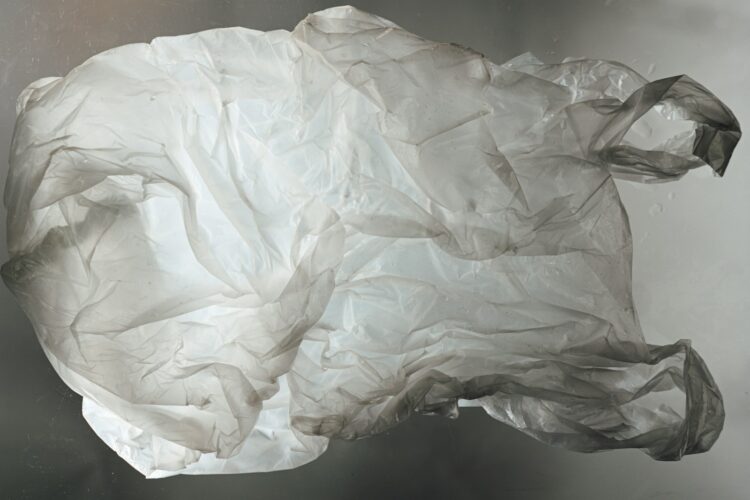
Some cats love the crinkle of a plastic bag. They crawl inside for the sound and warmth. But one wrong move can wrap the handle around their neck or cut off air. Plastic also releases smells that mimic food, so some cats chew on it, swallowing pieces that block their intestines. It’s a slow, silent hazard that feels harmless until you’re at the vet explaining what’s missing from your kitchen counter.
Human Medication
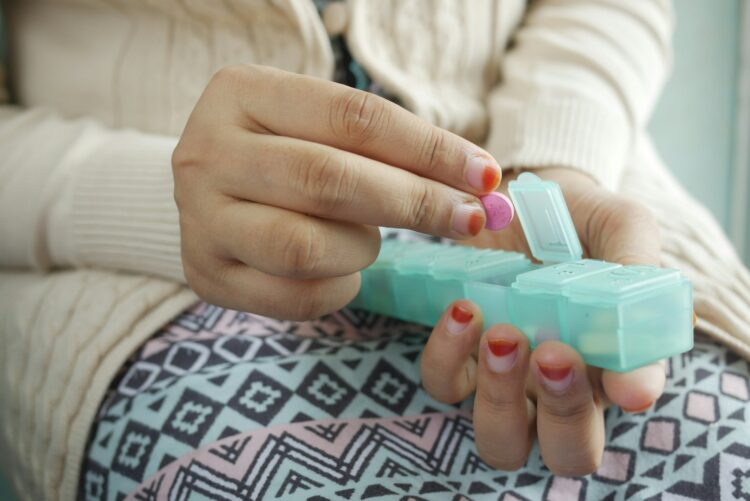
Painkillers, antidepressants, sleeping pills — even one tablet can kill a cat. Their small bodies metabolize differently, and what’s safe for you can destroy their organs. Cats also like batting pill bottles off counters, which means open containers quickly become toys. Always store medicine in a cabinet that actually latches shut. Your vitamins don’t belong anywhere near their food bowl.
Salt Lamps and Seasonings
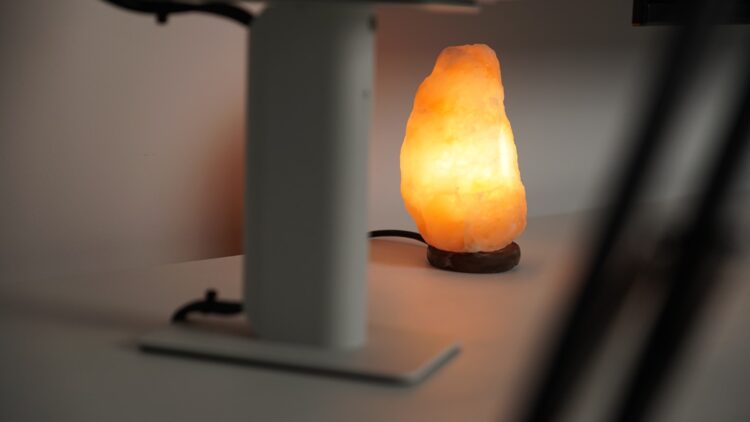
Those glowing Himalayan salt lamps look pretty, but cats lick them — repeatedly. Too much salt throws their sodium balance off and can cause seizures or kidney failure. The same goes for salty foods or table seasonings like garlic and onion powder. A single chip or bit of cooked meat with seasoning can make them ill. Salt kills slowly, not dramatically, which makes it even more dangerous.
Human Food “Treats”
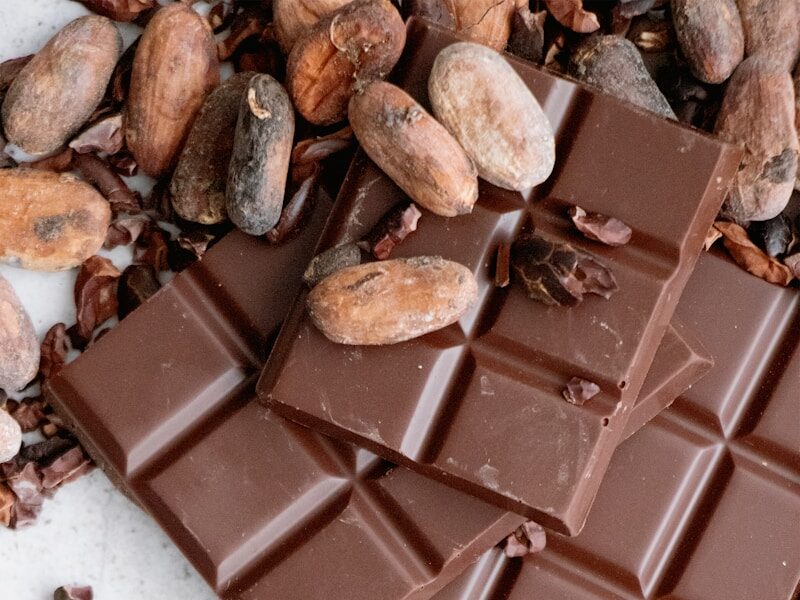
Chocolate, onions, grapes, raisins, alcohol, caffeine — all toxic to cats. Even small tastes can damage their liver or nervous system. Dairy seems harmless, but it can cause severe stomach issues since most adult cats are lactose intolerant. Feeding scraps from the table feels kind, but their bodies aren’t built for your diet. What you call “a bite” can shorten their life without you realizing it.
Toilet Water and Cleaning Tabs
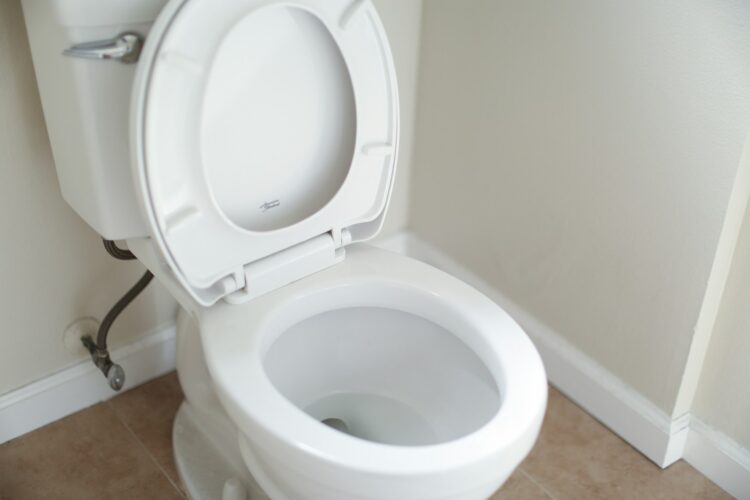
If your cat drinks from the toilet, they’re sipping chemical soup. Many toilet cleaners use chlorine or bleach tablets that dissolve slowly — making that water toxic for hours. Cats like moving water, and the toilet seems like a fresh fountain. It’s not. Close the lid every time, or better yet, get them a proper water fountain before the toilet becomes their downfall.
Small Hiding Spaces
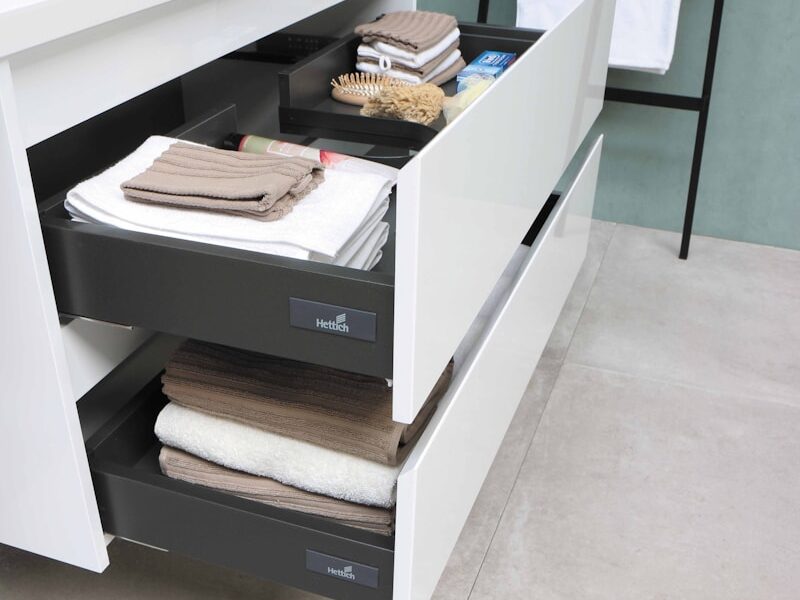
Cats love squeezing into impossible places: dryers, washing machines, drawers, and boxes. The danger is obvious — someone turns on the appliance, and it’s too late. Always check before pressing start or closing doors. Their instinct to find dark, warm corners is powerful. What feels like a cozy nap spot to them can become a deadly trap in seconds.
Holiday Decorations

Tinsel, ornaments, fake snow, cords, and open flames — cats see them as toys. The holiday season turns every living room into a hazard zone. Tinsel can slice their intestines, ornaments can shatter under paws, and candles tempt tails. Even the water under a Christmas tree can contain fertilizer chemicals. You want photos of your cat under twinkling lights, not a trip to the emergency vet by New Year’s Eve.

